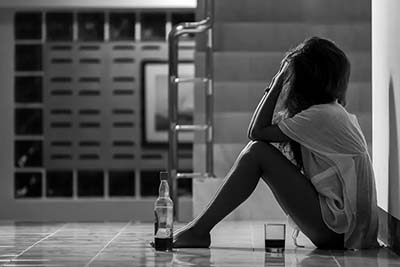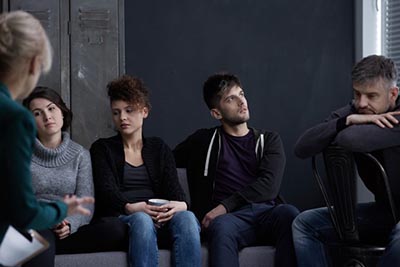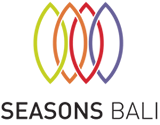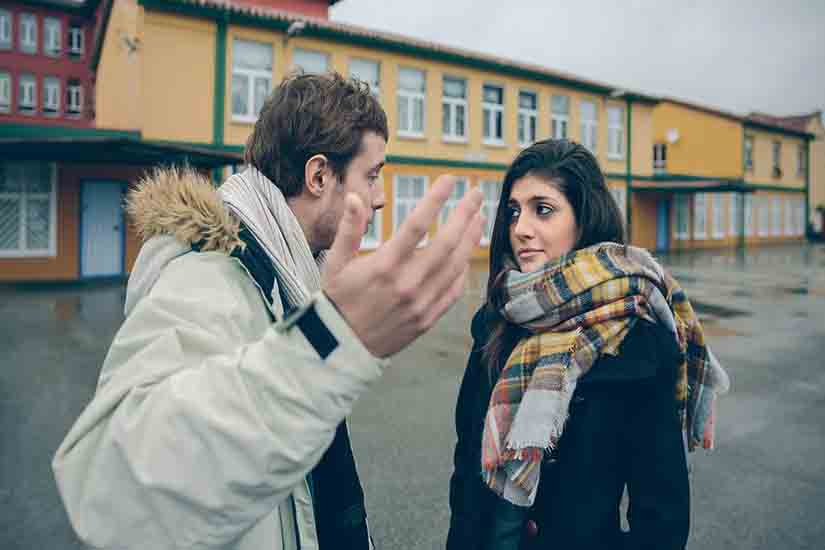How can I tell if my Partner is an Addict?
Denial is an amazingly powerful force. When a person we care about is addicted, we can come up with all kinds of reasons to overlook the obvious. And just as the famous frog becomes acclimated to ever-increasing water temperatures, a spouse may normalize the progress of their loved one from fun at parties to problem drinker to alcoholic. Whether addiction manifests as a destructive attachment to drugs, alcohol, or behavioural addictions like gambling or eating disorders, there is a line we can say separates the problem drinker ( gambler, etc.) from the addict. When a person cannot control the harmful behaviour, it is more than just a problem; it is an addiction. Food for thought – if you are reading this, what your spouse is doing is causing a problem. So you need them to stop. Maybe they can stop on their own, or perhaps they need help, but your choice to read this article suggests you already know you want them to stop. Now let’s take a closer look and answer the question “How can you tell if your spouse is an addict?”
Is my partner an addict? – Physical Signs
Different forms of addiction cause varying physical changes. Changes in sleep patterns and changes in eating habits are frequent for many addicts. Some addicts may begin to neglect self- care beyond just sleeping and eating problems, and you may notice their hygiene suffers. Several forms of addiction can cause bloodshot eyes. Other physical evidence, like track marks from injecting drugs or bloody noses from cocaine and other inhalants are particular to specific drugs
Perhaps you don’t need to look for physical changes. Maybe you already know your spouse is using a substance that is causing problems that you are concerned about. The question then arises: are they willing to stop for you? If so, can they stop on their own? If not, they are addicted, and they should get help to quit.

Is my Partner an Addict? – Social Signs
An addict will want to be around people that enable them, whether by sharing their addiction or ignoring it. Real friends won’t do that. If your spouse is gradually pulling away from their long term relationships and hanging out with a new group of people, that may be a sign that their addiction is replacing the things that should be important in their life. Help them find their way back to meaningful engagement by helping them recognize that they have a problem.
Is my partner an addict? – Work or legal issues
Some high-functioning addicts are model citizens at work and in the eyes of the law, so don’t let the absence of work or legal issues convince you everything is ok. There are plenty of ways to suffer and forfeit the good things in life for addiction, and the sooner the realization hits, the sooner an addict can get on the road to recovery. For many addicts, their habit will begin to cause issues at work or even with the law. Pointing out these issues (in a non-judgmental way) can help an addict realize that they have a problem, and they need help. Learn more about how to convince someone they need treatment here, and stay tuned for our follow up article next week on what to do when your spouse is an addict.

Is my partner an addict? – Emotional Signs
Addicts tend to lose the ability to regulate their emotions as the addiction gradually replaces standard coping mechanisms. Mood swings and anger management issues commonly arise when people become addicted. Emotional withdrawal is a particularly painful consequence of addiction in relationships. Addicts develop habits of secrecy to protect their ability to pursue their high. It is painful to watch someone turn away from you. Remember that addiction is not about you. It is a complex disease, and it takes hard work to recover. The good news is that evidence-based treatment works for most addicts who decide they want to get well.
Transformation starts here
Taking that first step towards recovery is one of the most powerful things you can do. If you or a family member need help and you want to get the best treatment possible, get in touch with us now. With over twenty years of helping people to find peace in recovery, we are South East Asia’s Premier Addiction Treatment Centre.





